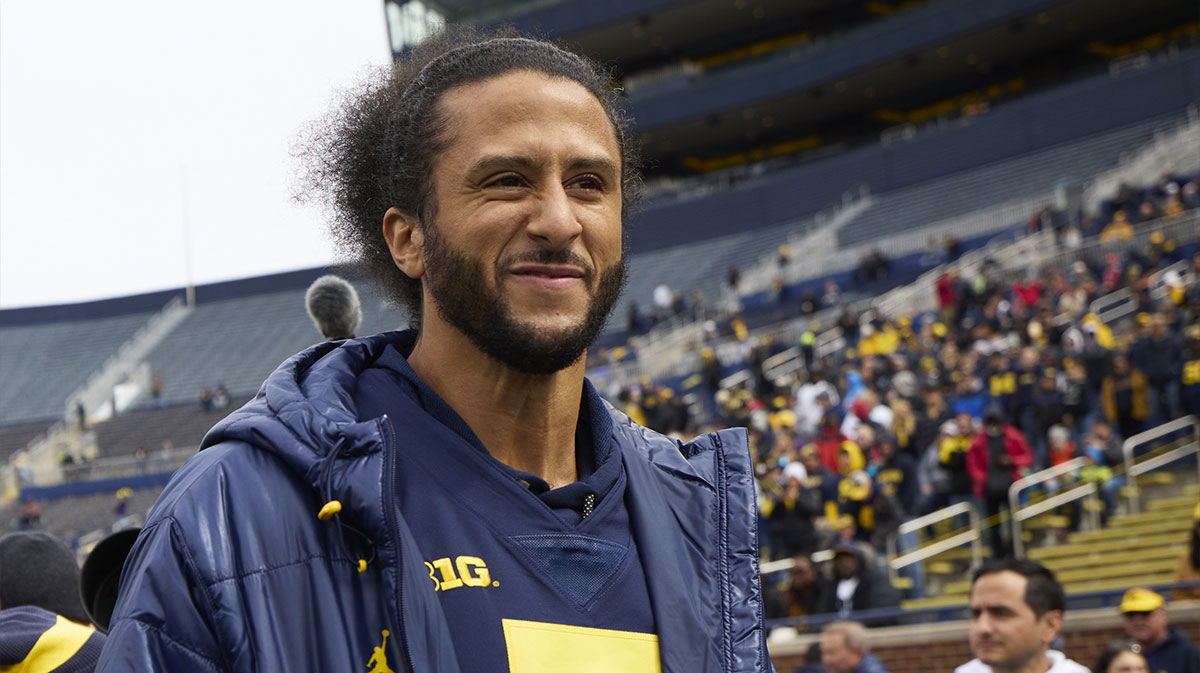Civil rights attorney Ben Crump announced that Colin Kaepernick’s “Know Your Rights Camp Autopsy Initiative” will cover the cost of a second autopsy for Demartravion “Trey” Reed, the Delta State University student whose death has sparked outrage and suspicion, Complex reports.
Reed, 20, was discovered hanging from a tree on the school’s campus in Cleveland, Mississippi, on September 15. The Mississippi State Medical Examiner’s Office ruled his death a suicide after an autopsy, with toxicology results still pending. Cleveland police confirmed the ruling but noted those tests could take weeks.
Crump’s office issued a press release stressing that Reed’s family received conflicting accounts and incomplete information. “Peace will come only by getting to the truth,” Crump said, thanking Kaepernick for stepping in to fund the review through his Autopsy Initiative.
Family and community demand answers
The circumstances surrounding Reed’s death have only deepened questions. According to the family’s attorney, Vanessa J. Jones, relatives were initially told that Reed was found in his dorm room. It wasn’t until media coverage emerged that they learned he had been discovered hanging from a tree. Jones emphasized, “The family does not know exactly what happened on September the 15th. We are seeking answers from Delta State University. We’re seeking answers from the coroner’s office.”
That gap in information has fueled calls for transparency. The NAACP released a statement casting doubt on the official findings, bluntly stating Reed was “lynched.” While investigators, including the Bolivar County Coroner’s Office and the Mississippi Bureau of Investigation, say there’s no current evidence of foul play, the community has not been convinced.
For Colin Kaepernick, who has long committed his platform to racial justice, supporting Reed’s family fits into the broader mission of his Know Your Rights Camp. The program has sponsored independent autopsies in similar cases where families questioned official conclusions.
Reed’s death has shaken Delta State University and raised painful echoes of racial violence throughout Mississippi’s history. For now, his family and community are left waiting, demanding that the full story come to light.



















